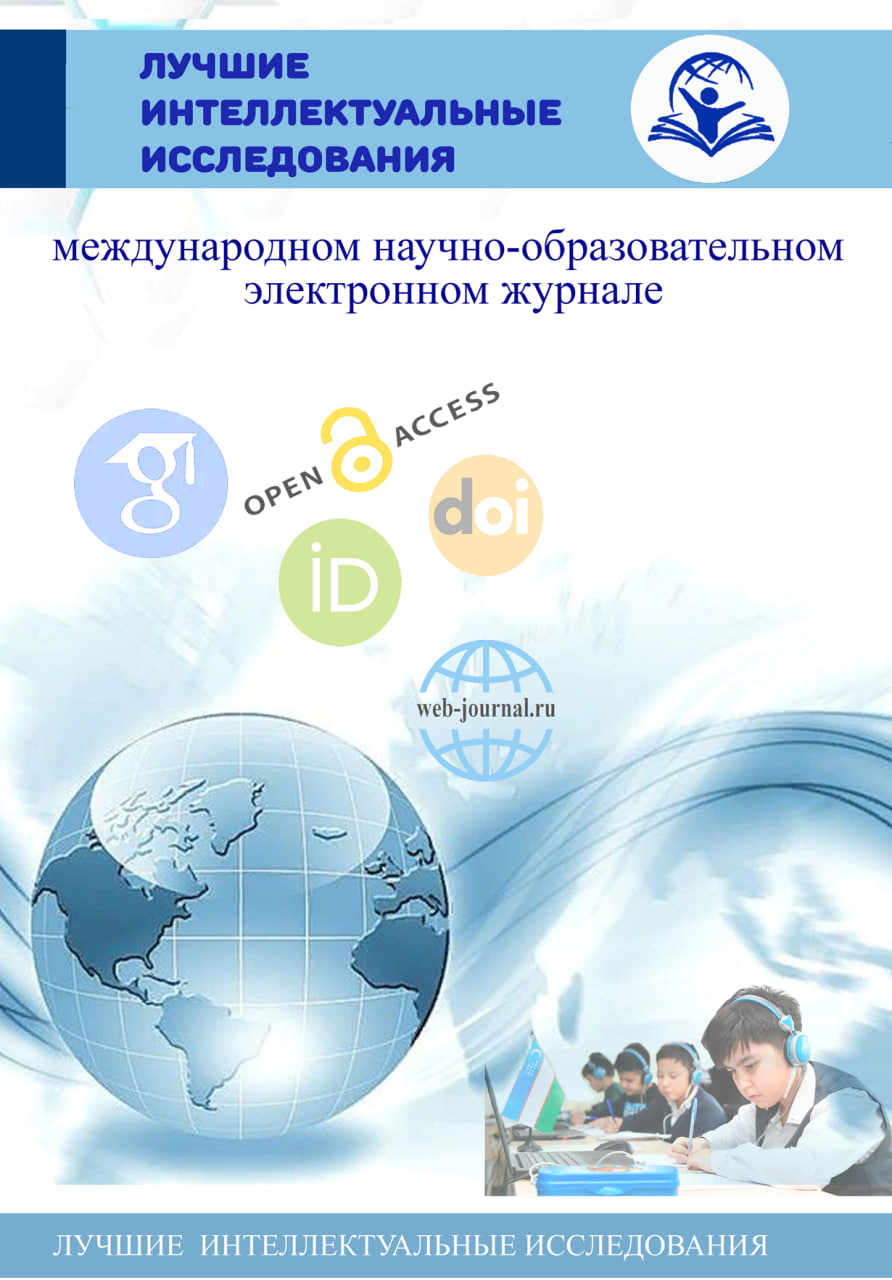HOW TO IMPROVE READING COMPREHENSION FOR BETTER LEARNING OUTCOMES
##semicolon##
Key words: Reading comprehension, Active reading, Learning strategies,Vocabulary development ,Text analysis, Critical thinking , Education,Comprehension monitoring, Academic success.##article.abstract##
Annotation: This article explores strategies for improving reading comprehension, which is essential for academic success and effective learning. It examines techniques such as active reading, note-taking, and questioning to deepen the study of texts. In addition, it emphasizes the role of vocabulary development, summarization and comprehension monitoring. These methods can benefit students, teachers and anyone who seeks to improve their understanding of written material, which ultimately leads to better learning outcomes.
##submission.citations##
1. Duke, N. K., & Pearson, P. D. (2002). Effective practices for developing reading comprehension. Journal of Education, 189(1/2), 107-122.
2. Keene, E. O., & Zimmermann, S. (1997). Mosaic of Thought: Teaching Comprehension in a Reader’s Workshop. Heinemann.
3. Pressley, M. (2006). Reading Instruction That Works: The Case for Balanced Teaching (3rd ed.). Guilford Press.
4. Cain, K., Oakhill, J., & Bryant, P. (2004). Children’s reading comprehension ability: Concurrent prediction by working memory, verbal ability, and component skills. Journal of Educational Psychology, 96(1), 31-42.
5. Kintsch, W. (1998). Comprehension: A Paradigm for Cognition. Cambridge University Press.
6. Harvey, S., & Goudvis, A. (2007). Strategies That Work: Teaching Comprehension for Understanding and Engagement (2nd ed.). Stenhouse Publishers.
7. Snow, C. E. (2002). Reading for Understanding: Toward a Research and Development Program in Reading Comprehension. RAND Corporation.
8. Palincsar, A. S., & Brown, A. L. (1984). Reciprocal teaching of comprehension-fostering and comprehension-monitoring activities. Cognition and Instruction, 1(2), 117-175.
9. McNamara, D. S. (2007). Reading Comprehension Strategies: Theories, Interventions, and Technologies. Lawrence Erlbaum Associates.
10. Adams, M. J. (1990). Beginning to Read: Thinking and Learning about Print. MIT Press.




